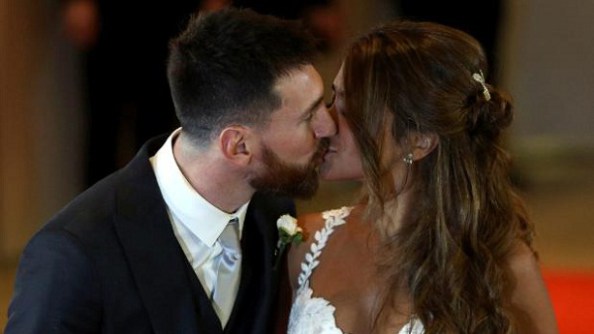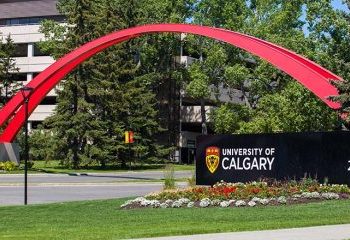She’s already held the Chancellery for over a decade, but infighting with political allies as well as a rocky response to her refugee policies may put a damper on Angela Merkel’s staying power.
Merkel has a little over a year left before she can really start worrying about 2017’s autumn election, but already there is speculation about whether she will run – and if she does, whether she would win.
In public broadcaster ARD’s ‘summer interview’ with the Chancellor on Sunday, she remained vague about her intentions.
“There is still a lot to do,” the Christian Democratic Union (CDU) told the hosts, explaining that her decision on another candidacy would come “in due time”.
In the ensuing days the German media has been flooded with speculation as to why Merkel, who announced she would stand again two years in advance of the last election, is being so coy.
Many believe that she lacks the backing of Horst Seehofer, the powerful leader of the CDU’s Bavarian sister party, the Christian Social Union (CSU).
Seehofer has been outspoken in his opposition towards Merkel’s refugee policies.
Last year Seehofer also threatened to take Merkel to court over her approach to the refugee crisis, saying her government had not done enough to control the number of people entering the country.
Most recently he refused to share Merkel’s “we can do it” mantra following several violent attacks in southern Germany last month that involved people who had applied for asylum.
At the weekend Spiegel reported that Merkel has been forced to delay announcing her candidature until spring 2017, when the CSU leader reportedly plans to make his final decision on whether his party will back her.
But the CSU leader tried to shut down discussion on Monday evening, while refusing to commit his support.
Saying that it was “stupid” to have a debate about Merkel’s future so far ahead of the vote, he stated “first you decide upon what you want, then you see which person you can make that happen with.”
He added that, while he was happy to have Merkel in the conservative Union of the CDU and CSU parties, neither he nor Merkel were irreplaceable.
Still, even if Seehofer does back Merkel, the question remains of how popular she now is among the public at large. Her ratings have waxed and waned throughout the refugee crisis and dipped again following the July attacks in southern Germany.
A poll by Bild tabloid on Sunday showed that 42 percent of respondents were in favour of another term for Merkel – their poll last November showed 45 percent support.
But this is a much more optimistic result for Merkel than a separate survey in May that showed nearly two-thirds of Germans wanted her out of office in the next election.
And then there is the big question of, if not Merkel, then who?
On Tuesday the leader of the opposition, of all people, complained that Merkel had no real challenger.
“It is a tragedy that Germany is governed by a Chancellor who has caused great damage in many areas, but nevertheless – should she run again – will have the best chances to stay in 2017,” Sahra Wagenknecht, leader of Die Linke (the Left Party) told DPA.
“It’s only because there is no serious and plausible challenger,” she added.
Spiegel reported this week that at least the Chancellor has her CDU party leadership behind her serving another term.
Julia Klöckner, the influential young leader of the CDU in Rhineland-Palatinate said she “couldn’t imagine anyone else as leader,” adding it was up to Merkel to decide when she would announce if she would run again.
“Especially in the current situation, it seems to me that with her great experience, she is particularly suitable to overcome the current challenges successfully,” Hamburg CDU faction leader Roland Heintze told Spiegel.






















